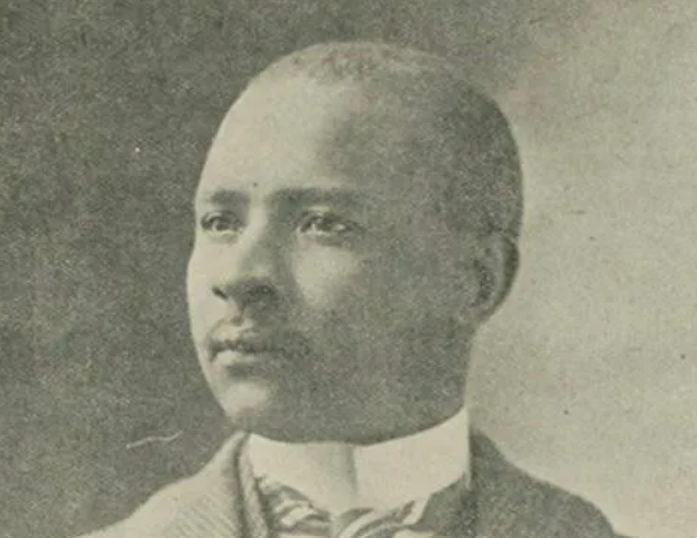Topeka's city government seeking funding to help it better understand its Black history, culture

Topeka's city government is seeking grant funding in an effort to better understand the city's Black history and culture, said Bill Fiander, the city's planning and development director.
Fiander's department is applying for funding from the state's Historic Preservation Office, which would enable that department to perform a comprehensive survey documenting remaining historic and cultural resources that contributed to Black life in Topeka from territorial days to the present, Fiander said Friday.
Such grants assist communities in planning for the preservation of their historic resources, according to the website of the Kansas State Historical Society.
The proposed survey would document buildings, neighborhoods and areas formerly occupied by Topeka’s African-American community, including those lost to demolition, Fiander said.
More: These 11 places played key roles in Black history of Topeka
Prominent subjects for assessment would include local churches, as well as settlements created in the 1800s by former slaves known as Exodusters, he said.
The survey would also document the stories and locations of homes of prominent Black residents in Topeka’s history, including early Topeka newspaper editor Nick Chiles, Fiander said.
The grant would be used to hire a qualified historic preservation professional to perform the survey, he said.
The project would require in-depth interaction between the consultant, city planning staff and members of Topeka’s Black community to document the collective history of Black contributions within the broader context of Topeka’s history, Fiander said.
More: How effectively is Topeka sharing its Black history? Educators, historians share contrasting views.
The city should learn by mid-May if it has been awarded the grant, he said.
The survey will ultimately lay the contextual groundwork to qualify many properties in the city for listing on the state and/or national historic registers without the need for costly research and study, Fiander said.
Such a listing can not only be used to protect the historic integrity of a structure or area, but also to qualify for important state or federal tax incentives to help defray the cost of improvements, he said.
This article originally appeared on Topeka Capital-Journal: Topeka's Black history, culture could be preserved with grant funding

